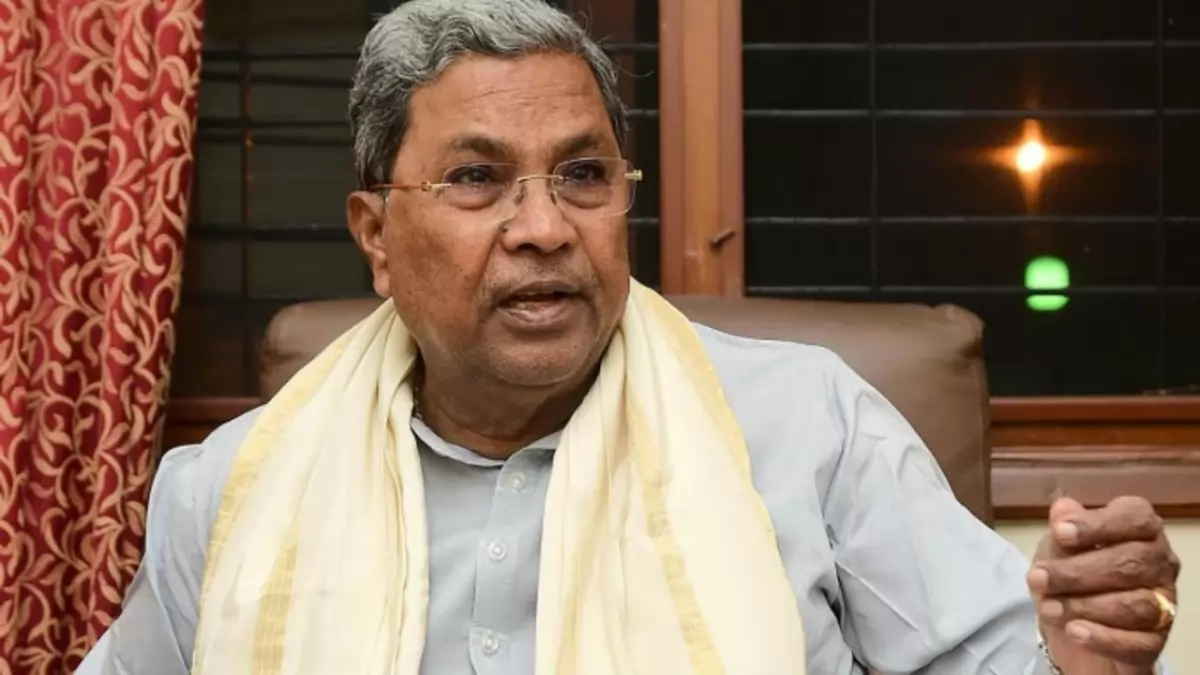
X
In a move aimed at fostering a more inclusive and balanced educational environment, the Karnataka Government is set to embark on a comprehensive revision of textbooks from Class 1 to 10. The initiative comes in the wake of controversies surrounding certain topics, particularly the description of Sanatana Dharma, which fueled public debates and sparked concerns.
The state government is considering the reintroduction of works by esteemed writers such as Girish Karnad, Periyar, and Devanur Mahadev, whose contributions were previously removed from textbooks by the Rohit Chakrathirtha committee, formed by the BJP government. Recognizing the importance of accurate representation, the Class 8th History textbook will provide a "precise definition" of Sanatana Dharma, addressing the contentious issue head-on.
The textbook revision committee, led by retired history professor Manjunath Hegde, has made significant changes to the syllabus, aligning it with the National Curriculum Framework 2005. The revamped chapters will place a strong emphasis on constitutional principles, fundamental duties, fundamental rights, and the tenets of democracy, ensuring that students receive a well-rounded education in civic values.
In a notable step towards religious inclusivity, new chapters introducing Jainism and Buddhism have been incorporated into the curriculum. Additionally, certain terms like "dharma" have been replaced with the broader term "religion" to promote a more secular and inclusive approach.
The revisions also extend to historical narratives, with sections on dynasties from Jammu, Kashmir, and the northeastern regions of India being trimmed to accommodate the addition of new chapters. This move reflects the state's commitment to presenting a balanced and comprehensive account of the nation's diverse heritage.
The textbook revision initiative comes on the heels of Karnataka Chief Minister Siddaramaiah's assertion that children in the state's schools should receive quality education. His statement underscores the government's dedication to ensuring that the educational resources provided to students are accurate, inclusive, and aligned with the principles of impartiality and intellectual integrity.
As Karnataka embarks on this ambitious endeavor, the state's educational landscape is poised to undergo a transformative shift, fostering an environment where students can explore diverse perspectives, gain a deeper understanding of the nation's rich cultural tapestry, and develop a strong foundation in civic values and democratic ideals.





Copyright © 2026 Top Indian News
